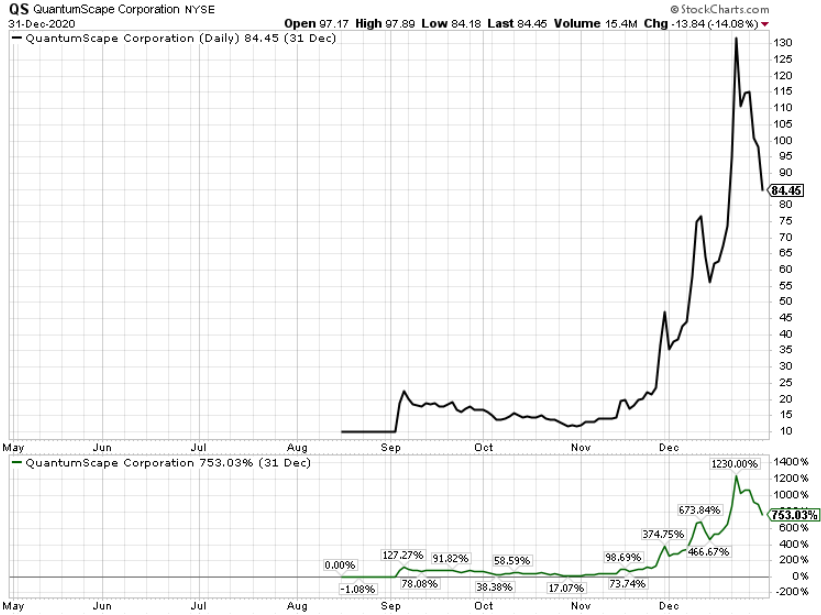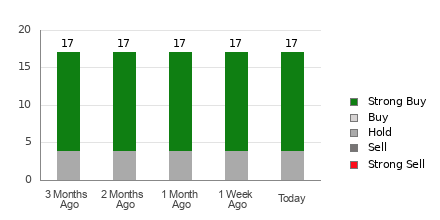
Tokenization in Real Estate: Accessing New Investment Opportunities
In 2025, private investing is experiencing significant changes—moving quietly amid the buzz of cryptocurrency fluctuations and market headlines. The concept of tokenization, once largely associated with blockchain enthusiasts, is now making strides in one of the most established asset classes: real estate.
For discerning investors, this evolution presents opportunities that were once exclusive to a select few.
Understanding Tokenization in Real Estate
Tokenization involves converting ownership of physical or financial assets into digital tokens recorded on a blockchain. In the realm of real estate, this can allow a property to be divided into hundreds or thousands of tradable shares. Investors can then purchase a fraction of an asset similarly to how they buy shares of a stock or ETF.
This is not mere speculation; it’s already underway. In 2025, investors can observe:
- Tokenized multifamily properties offering quarterly distributions
- Commercial real estate entities fractionalized for minimum investments of just $500
- Secondary markets providing liquidity for assets that were traditionally illiquid
What once required accredited investors to commit $250,000 and endure a five-year lockup is now accessible with a few clicks.
Importance in Today’s Economic Climate
Following a period of economic turbulence marked by rising interest rates and inflation fears, investors are reassessing their capital deployment strategies. While traditional real estate continues to yield attractive returns and long-term appreciation, tokenized real estate offers three significant advantages:
- Liquidity: Token holders can quickly sell shares on secondary markets, circumventing lengthy exit timelines.
- Accessibility: Lower minimum investment thresholds open opportunities to more investors.
- Transparency: Blockchain technology ensures real-time reporting and immutable records, fostering trust in transactions.
This transformation represents a fundamental shift, not merely convenience.
Emerging Use Cases for Tokenization
Certain sectors within real estate are exceptionally well-positioned for tokenization:
- Rental Properties: These assets produce steady cash flow, have transparent valuations, and enjoy high demand, making them prime for fractional ownership.
- Commercial Real Estate: Office, industrial, and retail spaces benefit from shared investment risk and attract institutional capital.
- Hospitality and Vacation Rentals: Merging real estate with short-term income opportunities attracts yield-seeking investors.
Even private Real Estate Investment Trusts (REITs) and development initiatives are considering tokenized fundraising to innovate capital acquisition.
Increasing Institutional Adoption
Prominent asset managers and private equity firms are exploring tokenized models to enhance fund distribution and streamline administrative tasks. Initiatives spanning from Know Your Customer (KYC) compliance to smart contracts for automatic dividend payouts demonstrate that tokenization aims to enhance—not replace—traditional real estate processes.
Regulatory bodies are also adapting. Countries like Switzerland, Singapore, and the UAE are establishing clear guidelines for asset-backed tokens. In the United States, improved legal frameworks and qualified custodians are making institutional investors more comfortable engaging with tokenized assets.
What Investors Should Monitor Going Forward
While tokenized real estate won’t overnight replace conventional ownership, the demand for more flexible, transparent, and accessible investment options suggests an inevitable transition.
Investors should pay attention to several trends:
- The rise of regulated secondary marketplaces
- The integration of tokenization with digital wallets and mainstream brokerages
- Broader expansion into additional private market assets, such as art, equity, and debt
A Final Thought: Subtle Changes Signal a Bigger Shift
Just as exchange-traded funds reshaped stock investment, tokenization has the power to transform real estate and private markets. For investors in 2025, this isn’t merely about jumping on a trend—it’s about adapting to a fundamental shift in capital dynamics.
As innovative investors recognize this change, the question remains: Are you prepared to adapt?
Market News and Data brought to you by Benzinga APIs









